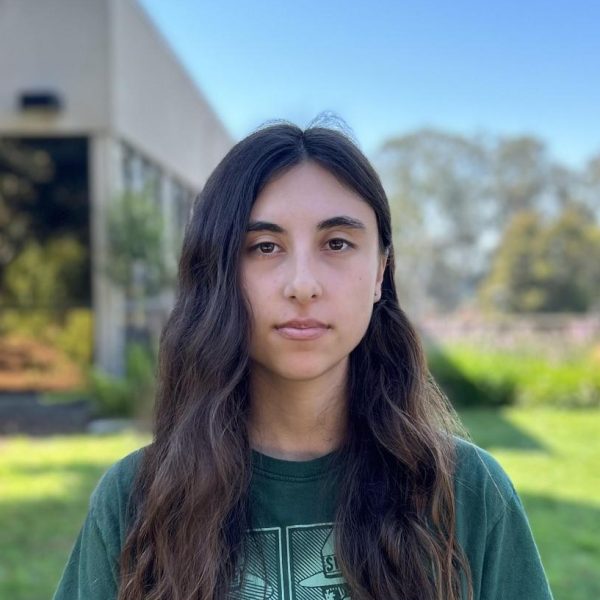Early this year, the California Department of Health Care Services (DHCS) launched the behavioral health virtual service platforms Soluna and BrightLife Kids as part of a $4.6 billion dollar investment to address behavioral health among youth.
Both platforms were launched in January and are being entirely funded by the DHCS as part of the CalHOPE program. They are completely free to use, regardless of insurance, documentation status or education level.
The only requirements that users need to meet in order to use either Soluna or BrightLife Kids is age and residency. Soluna is only available to California residents from the ages of 13 to 25, while its counterpart, BrightLife Kids, is only available to younger California residents between the ages of zero to 12.
Both platforms, which are available to either download on the App Store, Google Play Store or use via desktop, have a variety of features to address the varying needs of different communities. Soluna and BrightLife Kids have accessibility features for those who have vision and hearing impairments and are also available in English, Spanish and 17 additional languages.
“These platforms are designed to meet young people where they are and remove barriers associated with traditional brick-and-mortar behavioral health services,” said clinical psychologist and neuroscientist Dr. Laura Tully in an email. “I’ve spent my career working to bring digital support tools to young people experiencing mental health challenges and this program takes a population-wide approach to maximize impact.”
According to the American Psychological Association, during the 2020-2021 school year over 60% of college students reported to have suffered from at least one mental health problem and almost three-quarters of students reported feeling some level of psychological distress. Some professors at Contra Costa College have also reported seeing a change in their students’ mental health in a post-pandemic academic setting.
“What I’ve seen a lot with students is that they are experiencing a little bit more anxiety,” said CCC psychology professor Janelle Knudson. “I’m seeing a lot more students say that they’re having mental health sickness instead of more physical sickness.”
Soluna and BrightLife Kids provide a variety of confidential resources to support youth including forums, stress management tools, videos, articles and access to live virtual one to one coaching with mental health professionals. And while there are other websites and apps that provide similar tools, the DHCS platforms are unique due to their goal focused approach to treating mental health.
“Most mental health platforms focus on measuring a type of symptom (e.g. anxiety, depression) using a standard questionnaire and then tracking change in those symptoms over time with the goal of symptom reduction,” said Dr. Tully. “Soluna is different because it helps young people identify their goals and what needs to happen to achieve those goals.”
Some students have already recognized the importance that mental health has in their everyday lives and believe that California’s efforts to provide more mental health resources to younger generations is a step in the right direction.
“I think it’s good to have those (mental health) resources available for students who want to use them,” said CCC student Henry Warmerdam. “I think that in the long run if you’re not taking care of your body, if you’re not staying healthy, then it’s going to adversely impact your performance in school and your grades.”
With an increase in mental health issues since the pandemic Dr. Tully feels that it is more important than ever for youth and students to be aware of the mental health programs available to them.
“The most important thing we want students to know is that Soluna is free, anonymous support available to them in their pocket 24/7. It offers a non-judgmental and stigma-free space to explore mental health topics and seek support,” stated Dr. Tully.
If you or someone you know is experiencing a mental health crisis please call 988 or call the 24/7 Contra Costa County access line to get screened over the phone for mental health or substance use treatment, ask questions, or find services and receive support and care as needed.



